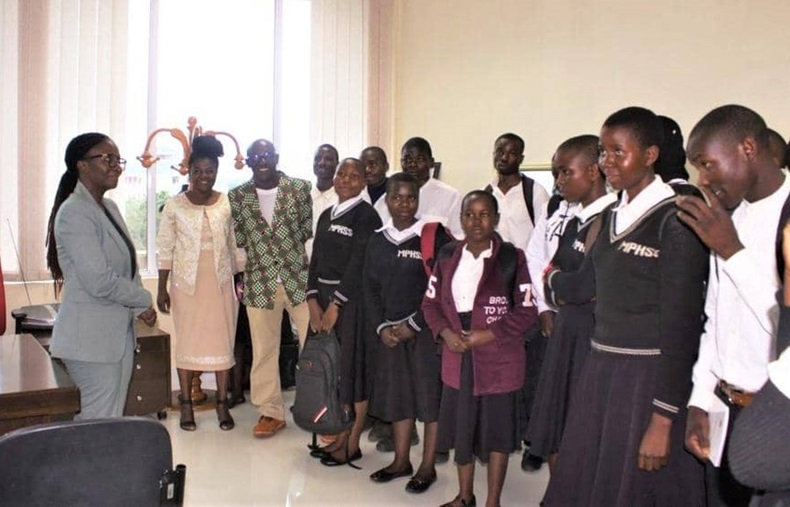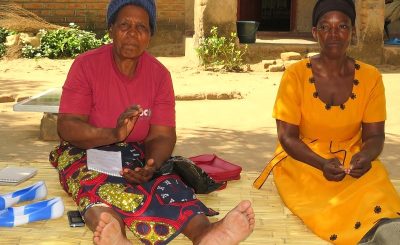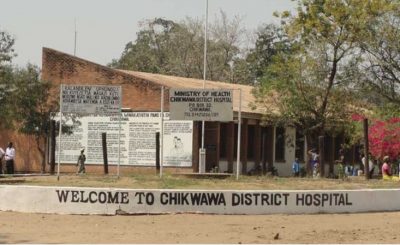In 2019, Malawi commenced the implementation of a five-year National Anti-Corruption Strategy II (NACS II) with the aim of cementing government’s continued commitment to zero tolerance stance on corruption.
Designed to promote good governance and improved service delivery in the country through a coherent and effective approach to fighting corruption, the NACS II was environed to be achieved by concentrating efforts in the pursuit of the three mutually reinforcing strategic goals of promoting improved service delivery, strengthening the rule of law and promoting a culture of integrity.
In promoting that culture of integrity, the Strategy rolled out implementation of activities across all sectors in the country through what the blueprint termed pillars.
Under such stake was the Youth Pillar. The Strategy understood that the country’s youthful population plays a critical role in demanding accountability of government officials, mobilising to raise awareness about the high social costs of corruption.
“Because corruption issues stick around access to information issues when people are not accessing information, there are so many things that can happen under the carpet, do in the five years we have had this strategy,” says Clement Makuwa, Young Politicians Union Director.
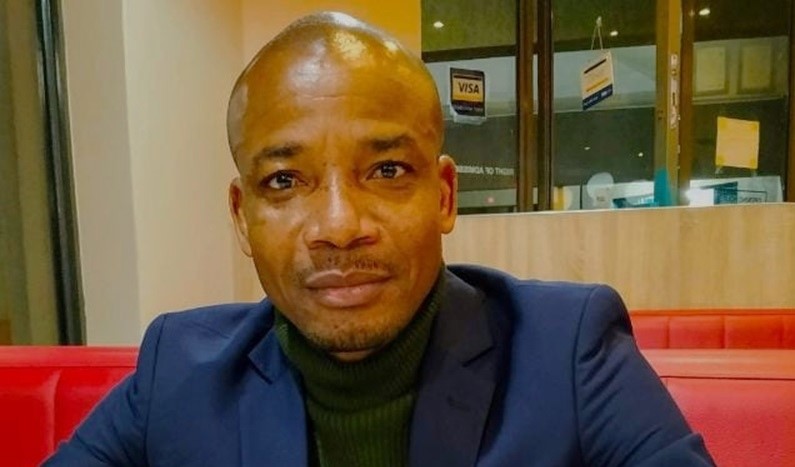
“I would confidently say that we haven’t done well as a country in as far as transparency and accountability is concerned, as we haven’t done well in as far as dealing with corruption is concerned.
Makuwa singles out procurement in the government system especially across local councils where public funds are alleged to be abused.
“We have a lot of money that goes to Councils, and if we can start critically and prudently engaging the citizens, let’s build the capacity of the citizens to have that knowledge of analysing various development activities and cost benefit analysis at local level.
“Because what we have found out is that most citizens don’t have the capacity to analyze or conduct public expenditure tracking, especially in rural setting,” Makuwa says.
During the commemoration of 25 years anniversary of the Anti-Corruption Bureau (ACB) last year, the body’s Director General Martha Chizuma reiterated that if the country’s fight against graft is to be won, then young people need to be taken on board too at such a tender age.
Chizuma said: “Another major shift in awareness-raising and outreach programmes embraced is the targeting of children and youth to reverse the entrenched moral decay in our society through the implementation of interventions aiming at inculcating a culture of honesty and integrity in children and youth while they are still young.”
Concurring with Makuwa, Brian Khembo, Director of My Community My Responsibility Organisation (MCMRO), says that the fight against graft is marred with serious challenges that need to be addressed.
Khembo reasons that since corruption is deep-rooted, there is urgent need for intensive sensitisation of the negative consequences of corruption.
He says: “Corruption has been there with us and treated as a practice which is normal, so I think to eradicate the same we need to ensure that there is intensive information flow that we all need to undergo that process.
“Many young people still don’t know what corruption all is about, and what the challenges of corruption to the society are, I feel there is still a gap because they haven’t been taught what corruption is all about and the remedies and strategies can be put in place to advocate on the same.”

But Chizuma says much as the youth have a critical role to play in the fight against corruption, such action needs concerted approach.
She says the Bureau alone cannot deal with the vice saying it is a confiscated and well organised move which involve numerous players, both in government and the private sector.
Chizuma says: “It all depend people deciding, from top to the lowest level of our society to we want to do things ethically, that’s the only way will be able to fight graft, but as it is if all of us just continue indulging in these corrupt acts, when that happens you can’t put the blame on ACB.
“Because there no way ACB will investigate and prosecute each and every case that happens in this country, it’s not practically possible, yes ACB can spearhead some of these initiatives like anti-corruption prevention, public education and law enforcement, but we can’t do it alone.”
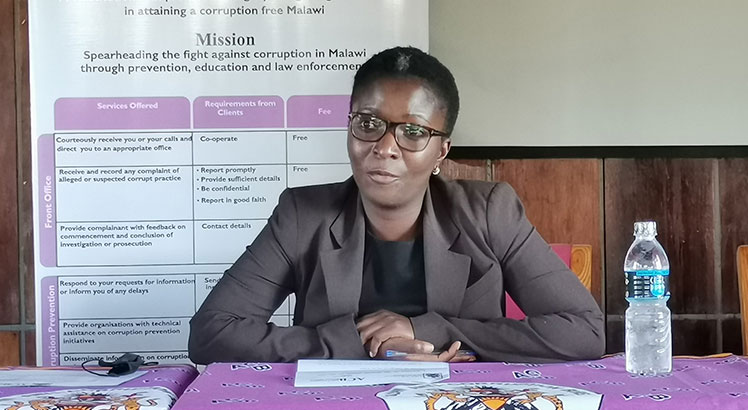
Under the NACS II, Malawi has aspired to develop and implement innovative initiatives to monitor the delivery of public services as well as expenditures of public funds.
However, five years down the line, the country seems to be sliding backwards in as far as efforts to deal with corruption are concerned, as observed by the Transparency International`s 2023 Corruption Perceptions Index which ranked Malaŵi 115 out of 180 countries scoring 34 out of 100 points.
According to the report, over two-thirds of countries score below 50 out of 100, which strongly indicates that they have serious corruption problems. The global average is stuck at only 43, while the vast majority of countries have made no progress or declined in the last decade. What is more, 23 countries fell to their lowest scores to date in 2023.
Commenting on the same, Makuwa attributes the worrying rise in corruption levels as due to failure by the country’s citizenry, youth inclusive in demanding accountability of government officials alongside their accomplices in the private sector.
“I think we had challenges as a country as regards to seeking transparency and accountability of government officers, to say the truth we haven’t benefitted from the Access to Information (ATI) law which we have and the President enacted and also operationalised,” says Makuwa.
The development has also worried Parliament, of which, according to its Legal Affairs Committee, the trend is a serious and an apparent indication that the country’s fight against corruption is not bearing desirable results.
“We have gone down as a nation from 110 in 2022 to 115 in 2023 out of 180 countries and we are at 34 percent, so we see that as a problem that our fight against corruption is not making any headway.
“Because we are now going backwards instead of moving forward of course, they made the explanation that a number of factors going into it, including a public perception,” says Albert Mbawala, the committee’s chairperson.
He adds that the graft-bursting body needs to fight corruption with all the required zeal.
Mbawala says: “But for sure they need to pull up their socks, they need to work hard to improve the perception of the public. They should be seen to be no fighting corruption; the public should see that they are indeed making headway in the fight against corruption.”
Young people, according to the National Statistical Office (NSO), remains the country’s majority in terms of population distribution, and their efforts in tackling the corruption cannot be underestimated.
As the country aspires for effective and efficient governance systems with strict adherence to the rule of law, a remarkable dent on ending corruption needs to be registered by reducing the Corruption Perception Index (score) from the current 34 to at least 42 by 2030 as projected by the Malaŵi 2063 national blueprint.
Produced with support of the European Union


